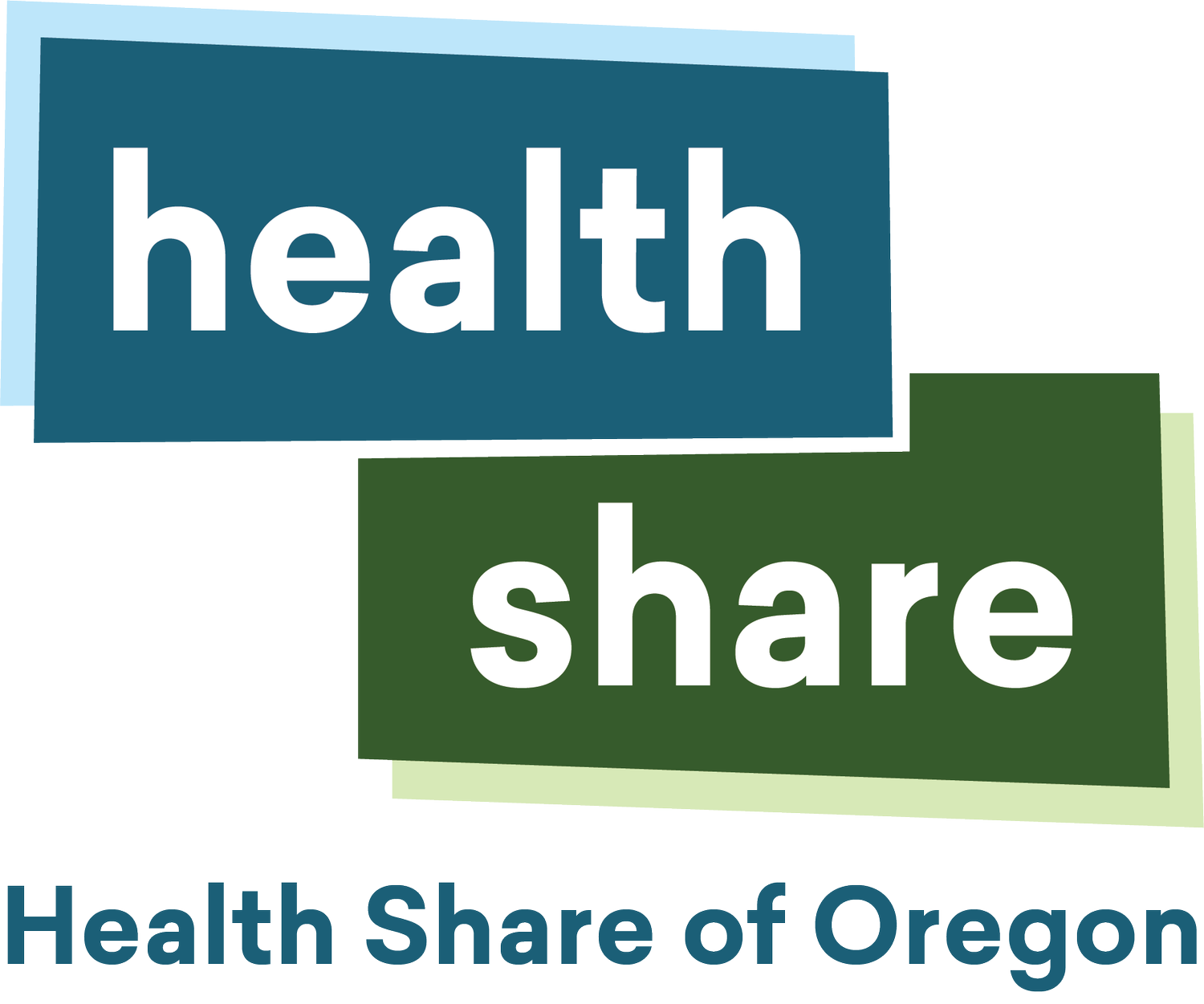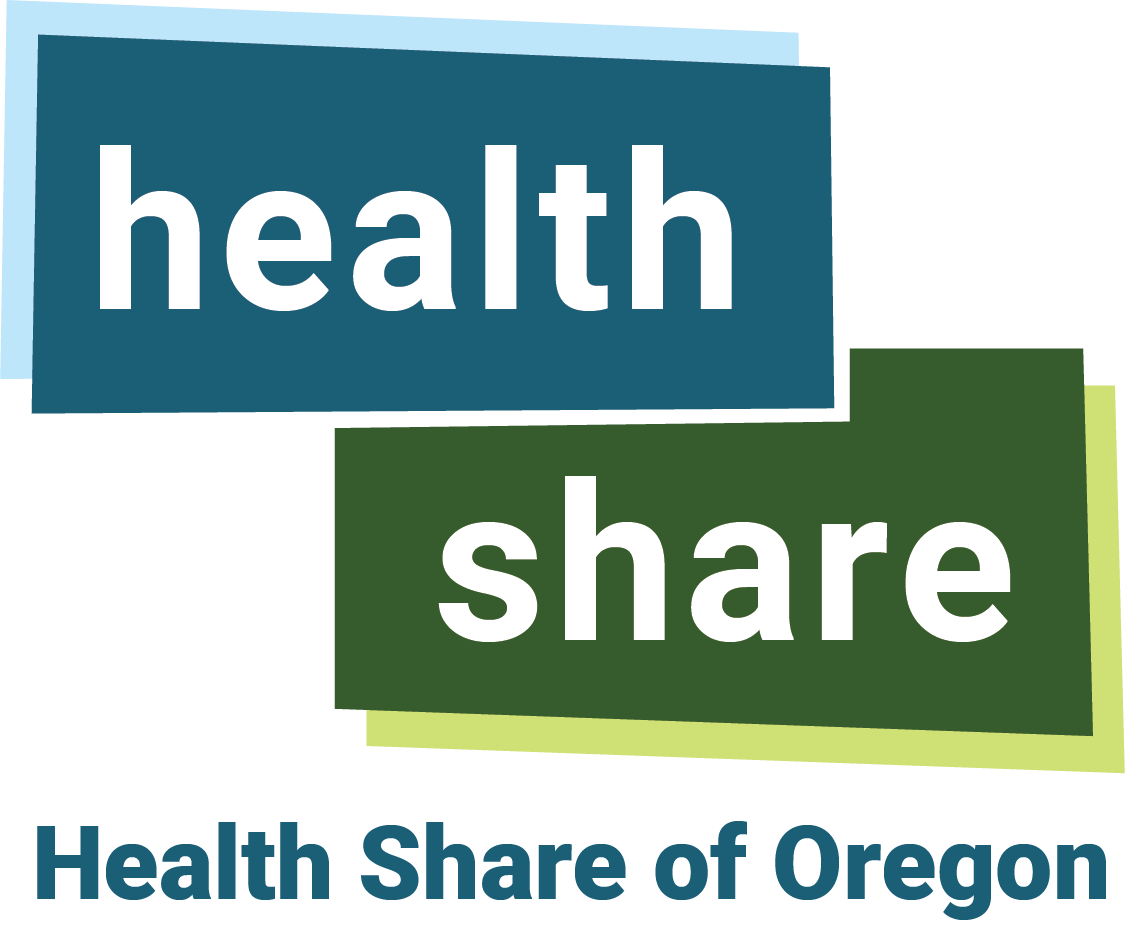
When you know your rights and follow your responsibilities, it helps you get the care you need. That means you should be treated with kindness and respect, and get care that fits your culture.
Your Rights
Click the quick links below to jump to each section:

As a Health Share member, you have rights.
That means you should be treated with kindness and respect. You should be told about your care choices and get care that fits your culture and is close to home.
You also have responsibilities. This means treating Health Share staff and doctors with respect, asking questions if you’re unsure, and giving honest information about your health. When you know your rights and follow your responsibilities, it helps you get the care you need—when and where you need it.
Download the full list of Health Share member rights and responsibilities.
Need help or have concerns?
If you ever feel your rights weren’t respected, or you have a problem with your care, you can file a complaint or grievance, ask for an appeal or hearing, or report fraud, waste, or abuse.
Complaints & Grievances
What is a Complaint or Grievance?
We want you to feel safe and respected when you get care. If something doesn’t feel right, you can speak up.
A complaint or grievance means you are not happy with something. You can make a complaint or file a grievance if:
You had trouble getting care.
You didn’t feel respected.
You got a bill you didn’t expect.
You didn’t agree with a decision Health Share made.
You had a problem with a driver or ride.
You didn’t like the care you got.
You are unhappy with Health Share
You can file a grievance or make a complaint at any time. If you give written permission, someone else can make a complaint for you.
How to Make a Complaint or Grievance
You can make a compliant orally or in writing:
Call us: 503-416-8090 or 888-519-3845 (TTY 711)
Write to us at:
Health Share of Oregon
Section 1557 Coordinator/Civil Rights Coordinator
2121 SW Broadway, Suite 200
Portland, OR 97201
Need help or an accommodation?
Members can ask for reasonable accommodation or for help to file a grievance or appeal.
We give these kinds of free help:
Auxiliary Aids
Sign language interpreters
Spoken language interpreters
Materials in other languages
Braille, large print, audio, and any way that works better for you
For information on certified Health Care Interpreters call 503-416-8090 or 888-519-3845 (TTY 711).
What happens next?
We will look into your complaint quickly.
You’ll hear back from us within 5 business days.
If we need more time, we’ll send you a letter to explain why.
You’ll get a final answer within 30 days.
We will not tell anyone about your complaint unless you ask us to.
All letters will be in the language you prefer.
Other Places You Can Call
The Ombuds are here to help you. They speak up for OHP members.
If you’re not happy with how your plan or Health Share handled your complaint, you can also contact:
OHP Client Services: 1-800-273-0557
Ombuds Program: 1-877-642-0450 or email OHA.OmbudsOffice@odhsoha.oregon.gov
Below are links to the forms that you can use to file your complaint:
Appeals & Hearings
How to File an Appeal
If Health Share says “no” to a service your doctor or dental provider asked for, or stops or reduces a service, you can ask us to take a second look at the decision. This is called an appeal.
-
We will send you a letter called a Notice of Adverse Benefit Determination. This letter explains:
What decision we made
Why we made it
How you can appeal
-
You must ask for an appeal within 60 days of the date on the letter.
-
A health care professional who understands your condition will look at your appeal.
We will send you a letter called a Notice of Appeal Resolution. You’ll get this letter:
As fast as we can. We will keep your health needs in mind while we look at all the facts.
We may need more time if we are waiting for information from your provider. We will send you a letter to let you know within 16 days after we get your appeal. We will send you a letter with our decision in 14 days. If you don’t agree with us taking the extra time, you can file a complaint.
-
You can file the appeal yourself. Or, you can give written permission for someone you trust to file it for you.
-
You can ask for an appeal orally or in writing.
By phone:
Ways you can ask for an appeal by phone:
Call the number on your ID card.
Call the medical plan, dental plan, or mental health plan that sent you the letter of Adverse Benefit Determination.
Call the number on your Letter of Adverse Benefit Determination
In writing:
You can ask for an appeal in writing in 2 ways:
Send in the form that came with your Letter of Adverse Benefit Determination
You or your provider can write us a letter. Make sure to sign the letter.
-
If waiting could harm your health, you can ask for a fast appeal, also called an expedited appeal.
For fast appeals:
Ask your provider to write a note explaining why waiting is not safe
If we agree it’s urgent, we’ll call you with a decision in 72 hours
We may need more time if we are waiting for information from your provider. We will call you and send you a letter to let you know within 72 hours after we get your appeal. We will send you a letter with our decision in 14 days. If you don’t agree with us taking the extra time, you can file a complaint
If we don’t agree it’s urgent, we’ll call you and send you a letter to tell you that we will finish your appeal within 16 days. If you don’t agree with our decision not to give you a fast appeal, you can file a complaint.
-
If we don’t finish your appeal in time, or if you don’t agree with our decision, you can ask for a fair hearing with the state. You don’t have to do this alone, someone can help you file.
-
If you got a letter saying your approved service was changed or denied, you can ask to keep getting that service while we review your appeal.
To ask for services while you wait for an appeal:
Call or write us within 10 days of the date on the Notice of Action/Benefit Determination letter.
The request must come from you. Your provider can’t ask for you.
If we decide the original denial was correct, you may have to pay for the services you kept getting.
Administrative Hearings
You can ask for an administrative hearing if you are not happy with the result of an appeal or the decision to deny, stop or reduce a service. In the hearing, a judge will listen to your side and help decide if you can continue the health service.
-
Look at the letter called a Notice of Appeal Resolution. It will tell you how to ask for a hearing.
You must ask for the hearing within 120 days of the date on that letter.
-
Oregon Health Authority will schedule your hearing within 45 days of your request.
At the hearing, you can explain why you think the decision was wrong.
You can tell the judge why your provider’s service should be covered.
-
If waiting could hurt your health, you can ask for a fast (expedited) hearing. To do this:
Ask your provider to write a note explaining why waiting is not safe.
If Oregon Health Authority agrees it’s urgent, they will contact you within 72 hours.
-
You don’t need a lawyer, but you can get help if you want:
Legal Aid Services of Oregon & Oregon Law Center
Call the Public Benefits Hotline: 1-800-520-5292
TTY/TDD: 711
Visit: https://www.oregonlawhelp.org
-
Health Share can help you with the process:
Call 503-416-8090 or 1-888-519-3845
TTY/TDD: 711
Our Customer Service team is here to support you.
Fraud, Waste, & Abuse
See something? Say something
Health Share follows the law and works hard to keep health care fair and honest. But sometimes, people do things that are wrong, like lying to get money or using services they don’t need. This is called fraud, waste, or abuse, and it hurts everyone.
You have the right to report fraud, waste, or abuse
When money is wasted or stolen, it can’t be used to help people who really need care. That’s why it’s important to speak up if you see something that doesn’t seem right. You can do it without giving your name, and you’re protected by law.
What does fraud, waste and abuse in health care mean?
Fraud: Lying on purpose to get money or services.
Waste: Using health care in ways that don’t help or cost too much.
Abuse: Making mistakes that lead to wrong payments or services.
Examples of Fraud, Waste, and Abuse
Fraud, waste, and abuse can happen in health care. These actions are wrong and can take away money and care from people who really need it. Here are some examples:
Health Share reports all confirmed cases of fraud, waste or abuse to the Medicaid Fraud Control Unit.
We are committed to complying with all applicable laws, including, without limitation, Oregon’s False Claims Act and the federal False Claims Act.
-
Fraud is when someone lies on purpose to get money or services they shouldn’t. Examples include:
Charging for care that didn’t happen
Changing medical records to get paid more
Saying someone gave care when they didn’t
Billing for expensive medicine but giving a cheaper one
Asking for money to send patients to certain doctors (kickbacks)
Billing twice for the same service
Saying a short visit was a long one to get more money
Lying about who gave the care or what care was given
-
Waste is when health care money is used in ways that don’t help. Examples include:
Doing tests or services that aren’t needed
Using supplies or time in ways that aren’t smart
Spending more than needed without improving care
-
Abuse is when someone makes a mistake that causes wrong payments or services. Examples include:
Accidentally charging for a new patient visit instead of a follow-up
Giving wrong information that leads to extra costs
Not giving the care they are supposed to give
How to Report Fraud
Call the Health Share Compliance Hotline at 503-416-1459
Call the Oregon DHS Fraud Hotline at 888-372-8301
Fill out the Fraud, Waste, and Abuse reporting form
Fax the reporting form to: 503-459-5749
Or
Mail the reporting form to:
Compliance Officer
Health Share of Oregon
2121 SW Broadway, Suite 200
Portland, OR 97201
Other Ways to Make a Report:
Medicaid Fraud Control Unit (MFCU)
Oregon Department of Justice
100 SW Market Street
Portland, OR 97201
Phone: 971-673-1880
Fax: 971-673-1890
Secure email: Medicaid.Fraud.Referral@doj.state.or.us
OHA Office of Program Integrity (OPI)
500 Summer St. NE E-36
Salem, OR 97301
Secure email: OPI.Referrals@oha.oregon.gov
Hotline: 1-888-FRAUD01 (888-372-8301)
www.healthshareoregon.org/complaints-appeals#fraudwasteabuse











